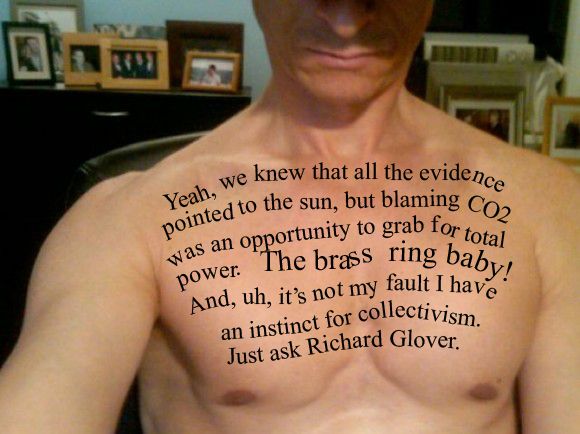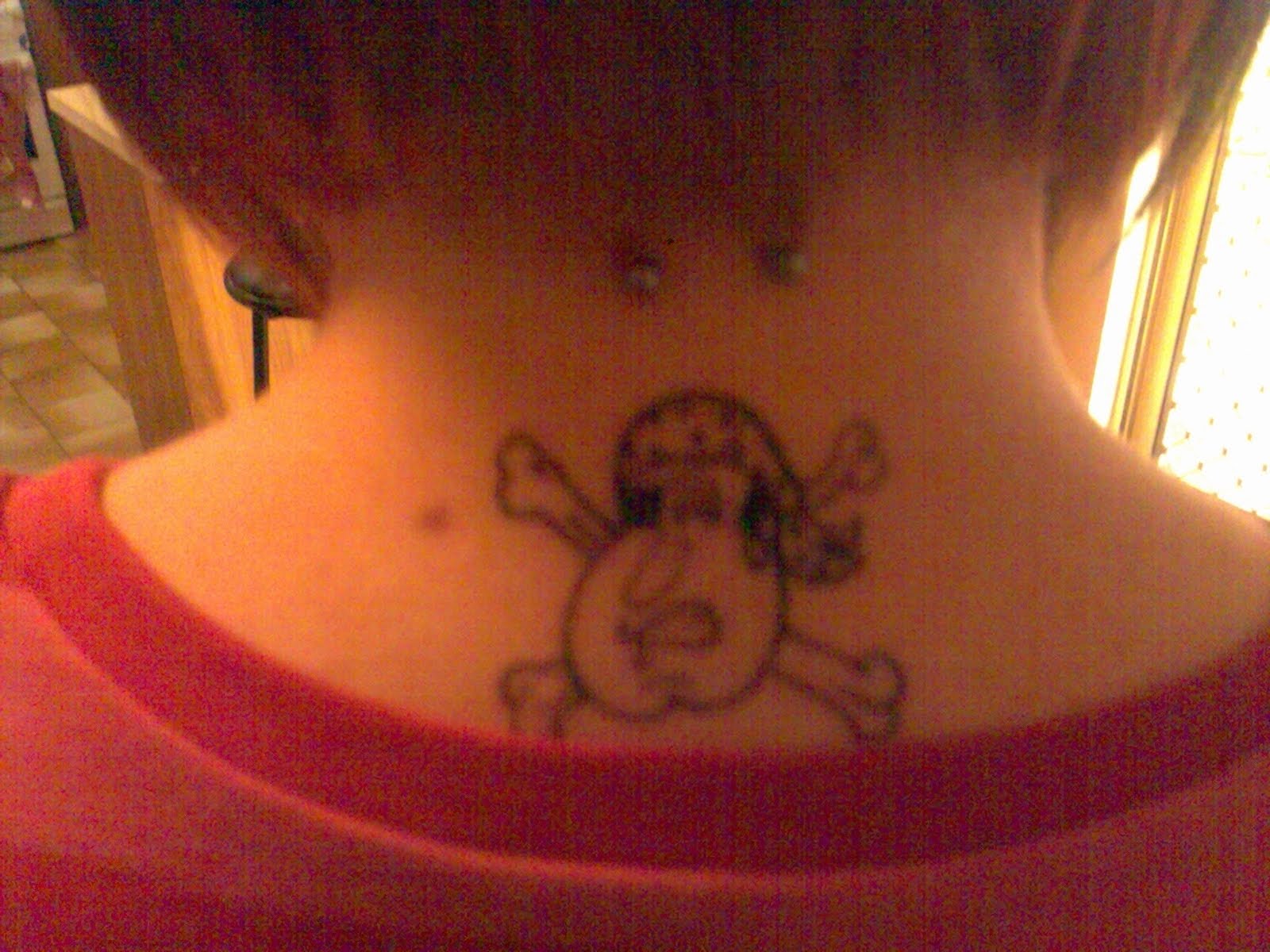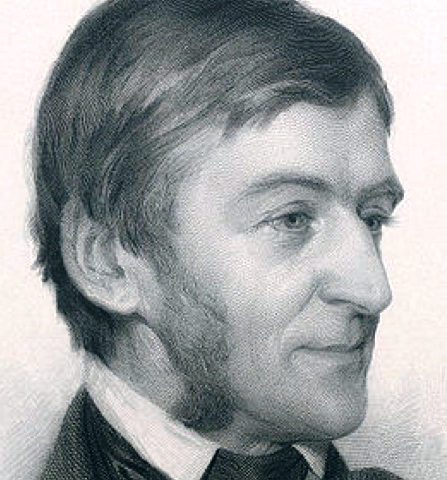A book here, a book there; stack upon stack, row upon row. They become the source of our esoteric magic. Our closest non-human companions, silently nurturing us; providing us with sustenance for the mind and soul! Overwhelming our emotions, flooding our senses, allowing us the ultimate freedom, curbed only by the restraints of our own imagination, books are the most sublime vehicle of learning!
For the dyed in the wool esoteric, there is something magnetic about the rough-smooth feel of paper; the block printed letters in black ink; the intoxicating aroma of an old book and how each book seems to have its own characteristic one; bookmarks, tags; the rustling sound of crisp paper sheets rubbing against each other; the gentle puffs of air that blow towards you as the pages flip by. In all likelihood one and all alike, books are the greatest treasures amongst our prized possessions.
The true esoteric by default subscribes to Bibliophilia or bibliophilism; or simply put, the love of books. Accordingly a bibliophile is an esoteric individual who loves books. More commonly referred to as a bookworm, the individual loves books for their content; or otherwise loves reading! It is argued in some circles, that the -ia- suffixed form or "bibliophilia" is sometimes considered to be an incorrect usage; while the older "bibliophilism" is considered more correct. Either way, the adjective form of the term is bibliophilic. A bibliophile may be, but is not necessarily, a book collector. However, the two usually go hand in hand.
The classic bibliophile is one who loves to read, admire and collect books, often amassing a large and specialized collection. However, bibliophiles do not necessarily want to possess the books they love; an alternative would be to admire them in old libraries. However, the bibliophile is usually an avid book collector, sometimes pursuing scholarship in the collection, sometimes putting form above content with an emphasis on old, rare, or expensive books, first editions, books with special or unusual bindings, or autographed copies.
Bibliophilia is not to be confused with bibliomania, an obsessive-compulsive disorder involving the collecting of books to the point where social relations or health are damaged, and in which the mere fact that an object is a book is sufficient for it to be collected or loved. Some use the term "bibliomania" interchangeably with "bibliophily" and in fact, the Library of Congress does not use the term "bibliophily," but rather refers its readers to either book collecting or bibliomania. The New York Public Library follows the same practice.
According to Arthur H. Minters the "private collecting of books was a fashion indulged in by many Romans, including Cicero and Atticus." The British Prime Minister William Ewart Gladstone
This esoteric will be the first to admit, that no matter the moniker, a book in hand, is worth two on the shelf and is a treat beyond all measure. A freedom the likes of no other! Succor to the unfretted mind!
In reading the words below this esoteric is humbled by the greatness of the company below, yet honored to be like them, a fellow bibliophile!
A Word Or Two On The Magic OF The Printed Tome
"No man can be called friendless when he has God and the companionship of good books."
Elizabeth Barrett Browning
6.III.1806 – 29.VI.1861
Browning was one of the most prominent poets of the Victorian era. Her poetry was widely popular in both England and the United States
"What we become depends on what we read after all the professors have finished with us. The greatest university of all is the collection of books."
Thomas Carlyle
4.XII.1795 – 5.II.1881
Carlyle was a Scottish satirical writer, essayist, historian and teacher during the Victorian era. He called economics "the dismal science", wrote articles for the Edinburgh Encyclopedia, and became a controversial social commentator.
"Learning is acquired by reading books; but the much more necessary learning, the knowledge of the world, is only to be acquired by reading man, and studying all the various editions of them."
Philip Dormer Stanhope, 4th Earl of Chesterfield
22.IX.1694 – 24.III.1773
"When I get a little money, I buy books. And if there is any left over, I buy food."
Desiderius Erasmus Roterodamus
28.X.1466 – 12.VII.1536
Erasmus sometimes known as Desiderius Erasmus of Rotterdam
Erasmus was a classical scholar who wrote in a "pure" Latin style and enjoyed the sobriquet "Prince of the Humanists." He has been called "the crowning glory of the Christian humanists."
"If the book we are reading does not wake us, as with a fist hammering on our skulls, then why do we read it? Good God, we also would be happy if we had no books and such books that make us happy we could, if need be, write ourselves. What we must have are those books that come on us like ill fortune, like the death of one we love better than ourselves, like suicide. A book must be an ice axe to break the sea frozen inside us."
Franz Kafka
3.VII.1883 – 3.VI.1924
Kafka was a culturally influential German-language novelist. Contemporary critics and academics regard Kafka as one of the best writers of the 20th century. The term "Kafkaesque" has become part of the English vernacular.
Most of Kafka's writing, much of it unfinished at the time of his death, was published posthumously.
"The love of learning, the sequestered nooks, And all the sweet serenity of books."
Henry Wadsworth
27.II.1807 – 24.III.1882
Longfellow was an American poet and educator whose works include "Paul Revere's Ride", The Song of Hiawatha, and Evangeline. He was also the first American to translate Dante Alighieri's The Divine Comedy and was one of the five Fireside Poets.
"There is no remedy so easy as books, which if they do not give cheerfulness, at least restore quiet to the most troubled mind."
The Lady Mary Wortley Montagu
15.V.1689 – 21.VIII.1762
Lady Mary was an English aristocrat and writer. Montagu is today chiefly remembered for her letters, particularly her letters from Turkey
"Where is human nature so weak as in the bookstore?"
Henry Ward Beecher
24.VI.1813 – 8.III.1887
"To acquire the habit of reading is to construct for yourself a refuge from almost all the miseries of life."
William Somerset
25.I.1874 – 16.XII.1965
Maugham was an English playwright, novelist and short story writer. He was among the most popular writers of his era and, reputedly, the highest paid author during the 1930s.
“The only books that influence us are those for which we are ready, and which have gone a little farther down our particular path than we have yet got ourselves.”
Edward Morgan Forster OM , CH
1.I.1879 – 7.VI.1970
Forster was an English novelist, short story writer, essayist and librettist. He is known best for his ironic and well-plotted novels examining class difference and hypocrisy in early 20th-century British society. Forster's humanistic impulse toward understanding and sympathy may be aptly summed up in the epigraph to his 1910 novel Howards End: "Only connect".
“The books that the world calls immoral are the books that show the world its own shame.”
Oscar Fingal O'Flahertie Wills Wilde
16.X.1854 – 30.XI.1900
Wilde was an Irish writer and poet. After writing in different forms throughout the 1880s, he became one of London
“All good books are alike in that they are truer than if they had really happened and after you are finished reading one you will feel that all that happened to you and afterwards it all belongs to you; the good and the bad, the ecstasy, the remorse, and sorrow, the people and the places and how the weather was.”
Ernest Miller Hemingway
21.VII.1899 – 2.VII.1961
Hemingway was an American author and journalist. His distinctive writing style, characterized by economy and understatement, influenced 20th-century fiction, as did his life of adventure and public image. He produced most of his work between the mid-1920s and the mid-1950s. He won the Nobel Prize in Literature in 1954. Hemingway's fiction was successful because the characters he presented exhibited authenticity that resonated with his audience. Many of his works are classics of American literature. He published seven novels, six short story collections, and two non-fiction works during his lifetime; a further three novels, four collections of short stories, and three non-fiction works were published posthumously.
“Books are divided into two classes, the books of the hour and the books of all time.”
John Ruskin
8.II.1819 – 20.I.1900
Ruskin was an English art critic and social thinker, also remembered as a poet and artist. His essays on art and architecture were extremely influential in the Victorian and Edwardian eras.
Ruskin first came to widespread attention for his support for the work of J. M. W. Turner and his defence of naturalism in art. He subsequently put his weight behind the Pre-Raphaelite movement. His later writings turned increasingly to complex and personal explorations of the interconnection of cultural, social and moral issues, and were influential on the development of Christian socialism.
'”Tis the good reader that makes the good book; in every book he finds passages which seem to be confidences or sides hidden from all else and unmistakably meant for his ear; the profit of books is according to the sensibility of the reader; the profound thought or passion sleeps as in a mine, until it is discovered by an equal mind and heart.”
Ralph Waldo Emerson
25.III.1803 – 27.IV.1882
Emerson was an American lecturer, philosopher, essayist, and poet, best remembered for leading the Transcendentalist movement of the mid-19th century. He was seen as a champion of individualism and a prescient critic of the countervailing pressures of society, and he disseminated his thoughts through dozens of published essays and more than 1,500 public lectures across the United States
“To learn to read is to light a fire; every syllable that is spelled out is a spark.”
Victor-Marie Hugo
26.II.1802 – 22.V.1885
Hugo was a French poet, playwright, novelist, essayist, visual artist, statesman, human rights activist and exponent of the Romantic movement in France
In France France
“Read in order to live.”
Gustave Flaubert
12.XII.1821 – 8.V.1880
Flaubert was a French writer who is counted among the greatest Western novelists. He is known especially for his first published novel, Madame Bovary (1857), and for his scrupulous devotion to his art and style.
“Next to acquiring good friends, the best acquisition is that of good books.”
Charles Caleb Colton
1780–1832
“All the known world, excepting only savage nations, is governed by books.”
François-Marie Arouet
21.XII.1694 – 30.V.1778
Arouet better known by the pen name Voltaire, was a French Enlightenment writer, historian and philosopher famous for his wit and for his advocacy of civil liberties, including freedom of religion and free trade. Voltaire was a prolific writer, producing works in almost every literary form including plays, poetry, novels, essays, and historical and scientific works. He wrote more than 20,000 letters and more than 2,000 books and pamphlets. He was an outspoken supporter of social reform, despite strict censorship laws and harsh penalties for those who broke them. As a satirical polemicist, he frequently made use of his works to criticize intolerance, religious dogma and the French institutions of his day.
Voltaire was one of several Enlightenment figures, along with Montesquieu, John Locke, Jean-Jacques Rousseau, and Émilie du Châtelet, whose works and ideas influenced important thinkers of both the American and French Revolutions.
“There is no Frigate like a book to take us lands away nor any coursers like a page of prancing Poetry.”
Emily Elizabeth Dickinson
0.XII.1830 – 15.V.1886
Although Dickinson Dickinson
“The reading or non-reading a book will never keep down a single petticoat.”
George Gordon Byron, 6th Baron Byron, FRS
22.I.1788 – 19.IV.1824
Byron commonly known simply as Lord Byron, was an English poet and a leading figure in Romanticism. Amongst Byron's best-known works are the brief poems She Walks in Beauty, When We Two Parted, and So, we'll go no more a roving, in addition to the narrative poems Childe Harold's Pilgrimage and Don Juan. He is regarded as one of the greatest British poets and remains widely read and influential.
“Read, read, read. Read everything - trash, classics, good and bad, and see how they do it. Just like a carpenter who works as an apprentice and studies the master. Read! You'll absorb it. Then write. If it is good, you'll find out. If it's not, throw it out the window.”
William Cuthbert Faulkner
25.IX.1897 – 6.VII.1962
Faulkner was an American writer of novels, short stories, poetry and occasional screenplays.
“In science read the newest works, in literature read the oldest.”
Edward George Earle Lytton Bulwer-Lytton, 1st Baron Lytton PC
25.V.1803 – 18.I.1873
Lytton was an English politician, poet, playwright, and prolific novelist. He was immensely popular with the reading public and wrote a stream of bestselling novels which earned him a considerable fortune. He coined the phrases "the great unwashed", "pursuit of the almighty dollar", "the pen is mightier than the sword", and the famous opening line "It was a dark and stormy night".
“A book is a part of life, a manifestation of life, just as much as a tree or a horse or a star. It obeys its own rhythms, its own laws, whether it be a novel, a play, or a diary. The deep, hidden rhythm of life is always there, that of the pulse, the heart beat.”
Henry Valentine Miller
26.XII.1891 – 7.VII.1980
Miller was an American novelist and painter. He was known for breaking with existing literary forms and developing a new sort of 'novel' that is a mixture of novel, autobiography, social criticism, philosophical reflection, surrealist free association, and mysticism, one that is distinctly always about and expressive of the real-life Henry Miller and yet is also fictional. His most characteristic works of this kind are Tropic of Cancer, Tropic of Capricorn and Black Spring. He also wrote travel memoirs and essays of literary criticism and analysis.
“The pleasure of reading is doubled when one lives with another who shares the same books.”
Kathleen Mansfield Beauchamp Murry
14.X.1888 – 9.I.1923
Murry was a prominent modernist writer of short fiction who was born and brought up in colonial New Zealand and wrote under the pen name of Katherine Mansfield. Mansfield left for Great Britain
“A multitude of books distracts the mind.”
Socrates
c. 469 BC–399 BC
Socrates was a classical Greek Athenian philosopher. Credited as one of the founders of Western philosophy, he is an enigmatic figure known chiefly through the accounts of later classical writers, especially the writings of his students Plato and Xenophon, and the plays of his contemporary Aristophanes. Many would claim that Plato's dialogues are the most comprehensive accounts of Socrates to survive from antiquity.
Through his portrayal in Plato's dialogues, Socrates has become renowned for his contribution to the field of ethics, and it is this Platonic Socrates who also lends his name to the concepts of Socratic irony and the Socratic method, or elenchus. The latter remains a commonly used tool in a wide range of discussions, and is a type of pedagogy in which a series of questions are asked not only to draw individual answers, but also to encourage fundamental insight into the issue at hand. It is Plato's Socrates that also made important and lasting contributions to the fields of epistemology and logic, and the influence of his ideas and approach remains strong in providing a foundation for much western philosophy that followed.
As one recent commentator has put it, Plato, the idealist, offers "an idol, a master figure, for philosophy. A Saint, a prophet of the 'Sun-God', a teacher condemned for his teachings as a heretic."
“Hypocrite reader -- my fellow -- my brother!”
Charles Baudelaire
9.IV.1821 – 31.VIII.1867
Baudelaire was a French poet who also produced notable work as an essayist, art critic, and pioneering translator of Edgar Allan Poe.
“Somewhere, everywhere, now hidden, now apparent in what ever is written down, is the form of a human being. If we seek to know him, are we idly occupied?”
Adeline Virginia Woolf
25.I.1882 – 28.III.1941
Woolf was an English author, essayist, publisher, and writer of short stories, regarded as one of the foremost modernist literary figures of the twentieth century.
During the interwar period, Woolf was a significant figure in London
NR
© 2011 The Esoteric Curiosa. All Rights Reserved













































